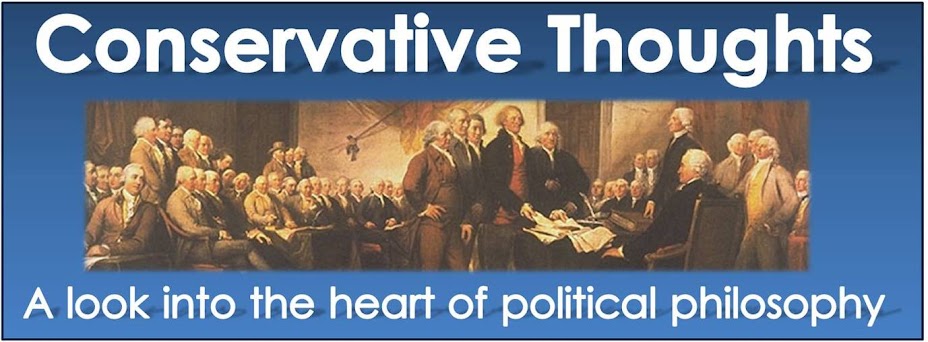
A current hot button issue right now is the impending expiration of the Bush era tax cuts. The tax cuts in question were passed in two acts, one in 2001 and one in 2003, and both acts are to expire this year unless congress votes to extend them. The acts unilaterally lowered income tax rates for all Americans at all income brackets and simplified much of the tax code. President Obama, along with the majority of democratic lawmakers, has argued in favor of extending those tax cuts... that is to everyone except the wealthy.
And so we return to that old, tired argument that goes something like this: The wealthy have more money than they know what do with, so they can afford to pay higher taxes. Other variants of this argument include: It just isn't fair that they make that much more money than everyone else so raising their taxes is the right thing to do, and: All that extra money they have isn't benefiting anyone but themselves, let's use to help those in need.
I would like to propose a simple thought exercise. Ask yourself this, what do people who have more money than they need spend it on? I think we could create three broad categories. First, luxury items. This category could include anything from a fancy car to expensive art to a golf club membership. Second, charity. And third, investments. Now, let's suppose that we raise taxes on the ultra wealthy. While they will surely still be wealthy, the tax increases will inevitably leave them with some measure of less wealth, right? So where would the money (that now goes to Uncle Sam) have gone?
First, let's suppose the that wealthy cut back on their luxury item spending. Maybe they can only afford two Ferrari's instead of three now. Who suffers because of this? Surely not the wealthy person. They can survive just fine with two Ferrari's, right? But what about the factory workers who assemble the Ferrari's? What if all of a sudden fewer orders are coming in? Either lay-offs or pay cuts would have to result. What about the truck driver who transports the car? What about the people who collect the raw materials that make up the car? All of a sudden we start to see the big picture and realize how many non wealthy people depend on that the one wealthy person being willing to buy their third Ferrari. And so the little guy on the bottom ends up getting crushed because Uncle Sam robs the wealthy guy on top.
Ok, now let's suppose instead that the wealthy cut back on their charitable donations. After all, they are greedy and evil, right? It shouldn't take much to understand how this could potentially effect the little guy. We absolutely need non-profit organizations. They are the epitome of everything that is great about this country. They are more efficient and effective than the bureaucratic nightmare that is government welfare. They are nimble and responsive to emergencies and the changing needs of society. They are dynamic and forward thinking, pushing to solve tomorrow's problems today. I couldn't think of a more direct way to hurt those who are at the bottom than buy reducing charitable donations.
Finally, let's assume that the wealthy aren't that evil and would still be as generous as ever. Let's also assume that they just couldn't survive with out all three of those Ferrari's. What ends up suffering, then? Investment. Historically, this is the category that is impacted the most by a weak economy and high tax rates. Believe it or not, wealthy people don't sleep on beds made of their cash. Instead they invest all that extra money. Where does that invested cash go? Maybe to start a new venture that has the possibility of creating hundreds of jobs. Maybe to fund research that has the possibility of radically improving our lives. Maybe to support a company that puts out products that you use and love everyday. You see, when investment goes down jobs are harder to create, research is harder to fund, and innovation becomes just too risky. So yes, the wealthy may be fine, but the rest of certainly won't be.
What is the point of all of this? To point out that all the money the ultra wealthy have isn't just statically collecting in their pockets. It's doing something. And that something may be to provide you with a job, let you get a mortgage on your first home, or even make it possible for your loved one to get the life saving treatment they need. Remember that the next time you are tempted to fall into the philosophical trap perpetuated by Obama and the liberals that the wealthy can afford higher taxes.
I know, I know. You have one more argument to make: but the money that gets taxed from the wealthy ends up helping the little guy anyway. Does it? Are you sure? To me that is like saying that shunting perfectly good oil out of a running car engine, processing it through a colossal factory that does nothing but corrode and waste it, and then injecting it back into that same car engine is somehow going to help the car perform better than if you just left it alone in the first place. Trust me, it won't.
What do you think?

No comments:
Post a Comment